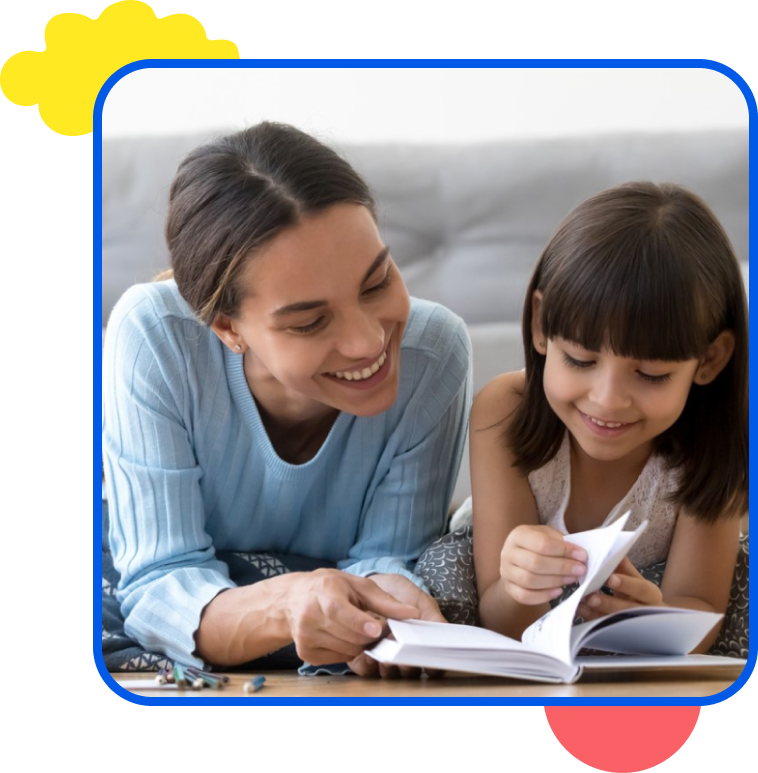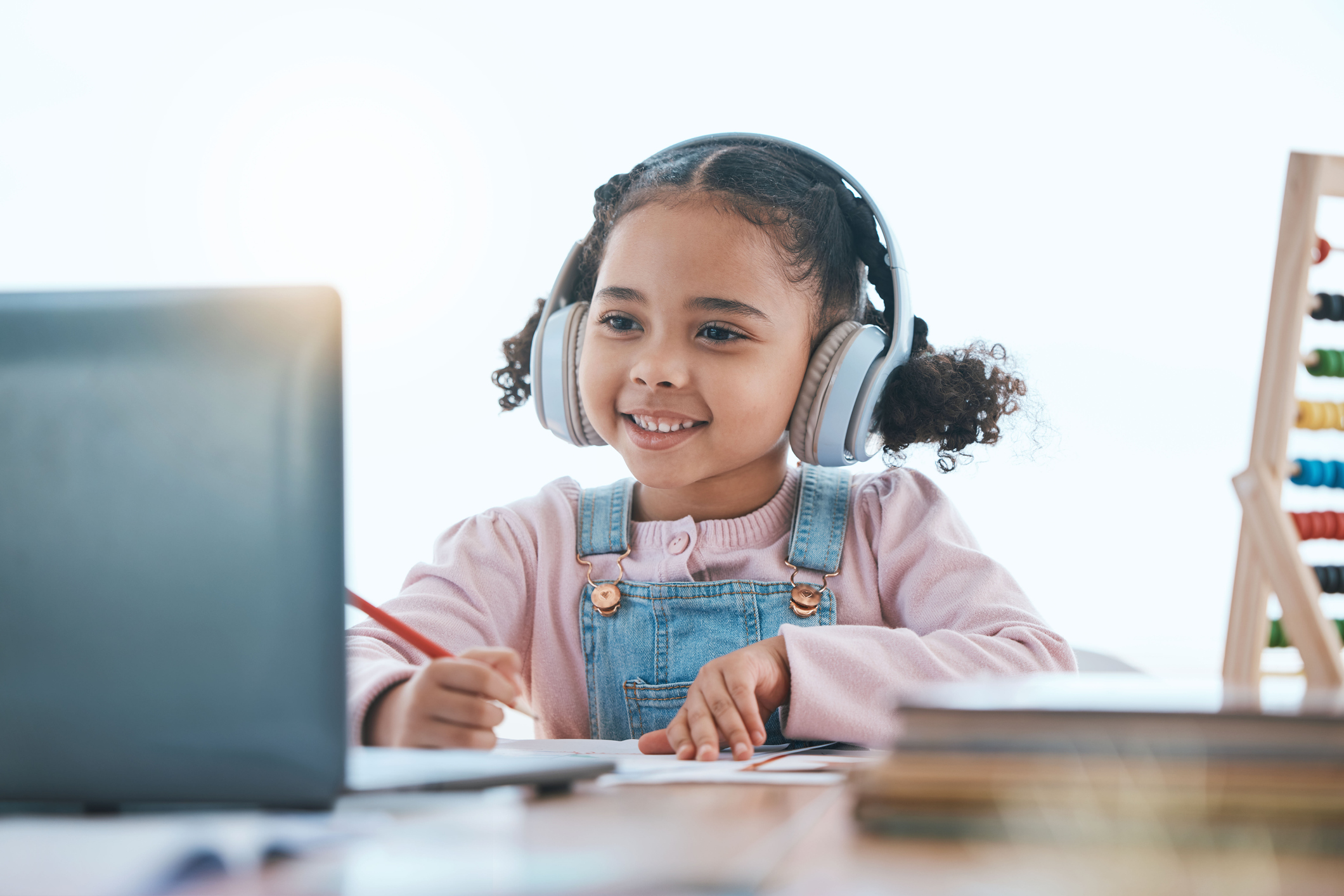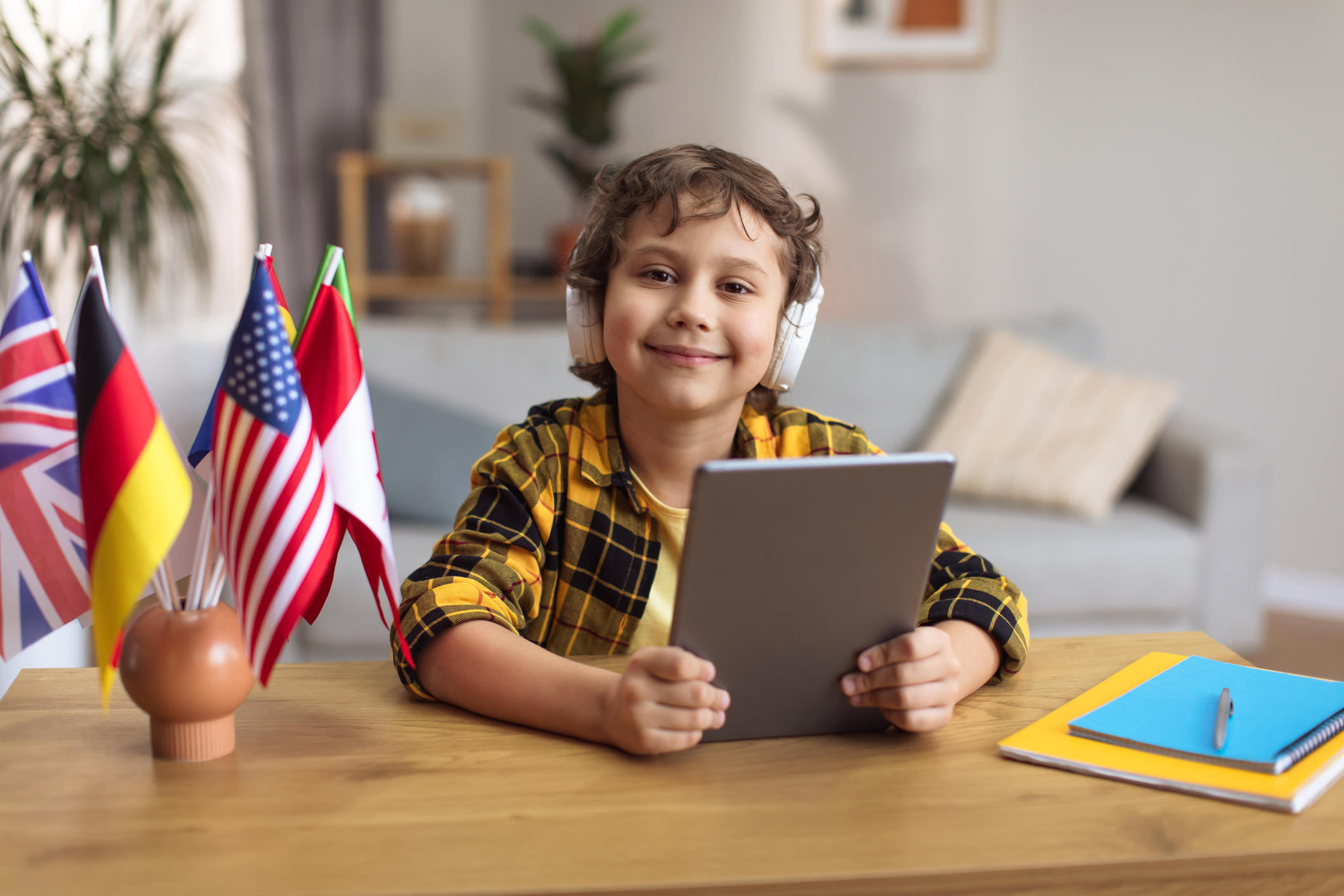The 5 Major Benefits of Bilingualism in Early Childhood



One of the joys and burdens that every parent faces, regardless of circumstance, is the constant feeling of wanting to instill the values, skills, knowledge, and work ethic in their kids that is going to give them the very best chance of success.
There have been thousands of parenting books that aim to provide a blueprint for a child that can take on the world. Yet, every kid is different, after all. It’s very rare that you can find a general maxim that applies generally to most or all children. That’s why when you find one, it’s worth its weight in gold.
Bilingualism is one of those skills.
The science in the field is still relatively nascent, but many of the early results show that in terms of value, being able to converse and be fluent in two different languages from a young age is something that stands out from the rest. It’s the reason we started LingoCircle in the first place.
27% of children under the age of 6 in the USA are learning a language other than English and that number is only going to increase as people pay more attention to the benefits it brings.
In this article, we are going to run through some of the major benefits of learning to be bilingual from early on and how that gives you a huge head start as you start to grow up.
The Benefits of Bilingualism in Early Childhood
Cognitive Advantages
This one is hotly debated, but the research seems to bear out that bilingual children are able to switch between activities and focus areas more efficiently than their monolingual peers which is of great benefit in early development[1].
When everything is new and you are constantly changing contexts as you take in information, the ability to retain and apply this knowledge rapidly makes a big difference. A child who is switching between languages at an early age gets a lot of practice at this skill – which pays off significantly as they get older.
It doesn’t necessarily follow that your child is going to be smarter as a result, there are way too many factors to make that claim, but it does seem clear that the transitionary focus improvements will translate to some cognitive advantages that stand them in good stead for knowledge and skill acquisition.
This also seems to pay off in adulthood with bilinguals earning an average of $7,000 per year more than those who can only speak one language.
Social Understanding
As a child is developing, they must make the transition from the family home being their center of concern, to make their way into public spaces where they will engage with a range of other personalities. Just by having to switch contexts between two different languages, bilingual children can navigate a social world more effectively because they have an innate sense of how different others can be.
They intuit the fact that others might have different ideas, thoughts, preferences, and the like – because they speak different languages. It almost constitutes a larger ethical frame of reference as these children tend to be more empathetic to others who think differently than they do. Because they can recognize the contrast in themselves, they are much better placed to give the benefit of the doubt to others.
The science backs this up with bilingual preschoolers showing better understanding of others than their monolingual peers[2], and young bilingual children showing more sensitivity to tone of voice and other emotional intelligence indicators[3].
Memory
Bilingualism also seems to provide a statistically significant advantage in terms of memory consolidation – even from the age of an infant[4]. The challenge of dealing with two languages right from the beginning places a cognitive strain on the capacity for memory that helps to advance its development faster than if they were only learning one language. This is especially true for generalizing information from one circumstance to another, a bilingual kid will perform much better in this sort of task.
Problem Solving
Early bilingualism provides an advantage when it comes to problem solving that generalizes well beyond language itself and transfers to various other facets of one’s life.
- A brain that needs to decipher between two languages and form coherent sentences that match the context of the scenario is working much harder than one that relies on only one language and this extra effort leads to more resilient problem solving as time goes on.
- It’s a mix of self-control, determination, and cognitive flexibility that translates into a more adept and efficient problem solving mechanism as the child gets older. We shouldn’t have to tell you how big of an advantage this is in a modern world that is constantly shifting underneath our feet.
Diversity
One of the more indirect benefits of learning a second language is that it makes you more diverse as a person. A language is a gateway to another culture that opens up tremendous potential for learning and exploration if you take advantage of it. In the world today, we’re finally starting to come around and realize that diversity is a strength, and it creates fertile ground for some truly lifechanging epiphanies and experiences.
- By giving your child the gift of bilingualism, you are opening doors for them in the future that could completely transform their experience of the world. It’s hard to see them in the early stages, because it’s not quite tangible yet, but they will reap those rewards in the decades to come as they venture out into a world that is filled with diverse people, cultures, languages, and worldviews.
- There is also neuroscientific research to suggest that this could really make an impact when it comes to intercultural relations of various types. If nothing else, you’ll child will be more interesting and curious as a result of having two languages to pull from.
[1] Bialystok E, Craik FIM, Luk G. Bilingualism: consequences for mind and brain. Trends in Cognitive Sciences. 2012;16(4):240–250. doi: 10.1016/j.tics.2012.03.001.
[2] Bialystok E, Senman L. Executive processes in appearance-reality tasks: The role of inhibition of attention and symbolic representation. Child Development. 2004;75(2):562–579. doi: 10.1111/j.1467-8624.2004.00693.x.
[3] Yow WQ, Markman EM. Bilingualism and children’s use of paralinguistic cues to interpret emotion in speech. Bilingualism: Language and Cognition. 2011;14(4):562–569. doi: 10.1017/S1366728910000404.
[4] Brito N, Barr R. Influence of bilingualism on memory generalization during infancy. Developmental Science. 2012;15(6):812–816. doi: 10.1111/j.1467-7687.2012.1184.x.


Simple Ways to Learn a Second Language at Home
Get resources and tips to help supplement your bilingual education journey at home.
By providing your email you are signing up to receive emails from Bilingual Bebe. Privacy Policy







